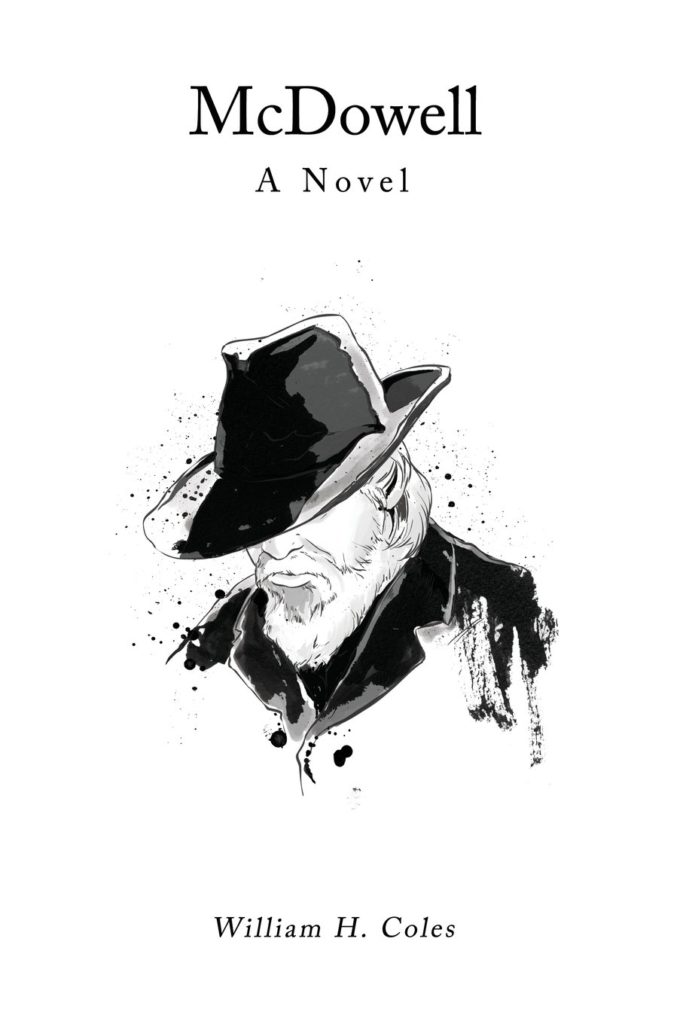 In McDowell, tragedy and consequence lead an arrogant and narcissistic Dr. Hiram McDowell to examine his life and search for life’s meaning beyond winning and possessions.
In McDowell, tragedy and consequence lead an arrogant and narcissistic Dr. Hiram McDowell to examine his life and search for life’s meaning beyond winning and possessions.
Hiram is first glimpsed leaving his Mt. Everest climbing partner to die. If that’s not enough to establish his unreliability, he goes on to belittle his wife, trick a colleague and ignore his children. Hiram’s the quintessential egoist surgeon: busy, belligerent, brilliant, and self-absorbed.
Author William H. Coles paints a damning picture of the selfish Dr. McDowell. Married for the third time to Carole, he barely acknowledges her and openly cheats on her, and he belittles her daughters. Hiram’s hospital charity in Nepal serves a dual purpose: it delivers health care to the local population, but it also serves as a base for Hiram’s climbs of Everest and other peaks. He gives out his self-promoting ghostwritten biography at a fancy fundraiser for the Nepal hospital. By the middle of the book, Hiram’s character becomes so unlikable, a reader might ask: where’s this going?
The answer is exhilarating. Coles’ uneven, somewhat jumpy but important set-up in the first half of the book pays off profoundly in the second. Jumps that mysteriously gave depth to minor characters finally become understood. Now, Hiram’s on the run, escaped from prison after a heartbreaking series of events. With intelligence, discipline, and his skills from climbing the world’s backcountry peaks, Hiram eludes the law.
Coles takes the novel in a fascinating direction, where McDowell becomes a work of redemption and reflection, with all the nuances expected from a complicated character. Stripped of his money and his power, Hiram first becomes bitter, intent on revenge for being wronged, but slowly, as he evades the law with the help of people he meets and befriends while traveling the country, Hiram eventually finds self-awareness.
Reflection comes through writing his memoir, which is first meant to bring redemption and prove his former life was justified. But after meeting a taciturn bookseller in rural Montana, Hiram begins to reflect on his life’s decisions. He begins to ease into friendship with Maud and her family. He helps others and accepts their kindnesses in return.
While the first half of the novel is a study of an unpleasant character, Coles creates a page-turner in the second half of the book. A journalist and private detective are on Hiram’s trail. There are taut scenes where Hiram looks to be caught but escapes to travel to a new town. With each new person Hiram meets, Coles allows a natural introspection to emerge from these new friendships. It’s a surprising change of direction, but one that works very well. Rather than seeming like disparate halves to different books, the second half justifies the first and brings the story together. The dialogue is honest and raw, and Coles’ writing gives resonance to each encounter.
Real life characters like Hiram rarely pause and self-reflect, even when tragedy strikes. Coles crafts McDowell in such a manner that readers end up rooting for a character who was initially fairly loathsome. A thrilling story of redemption, McDowell succeeds with sharp writing, a great story and well-crafted characters.
Available At


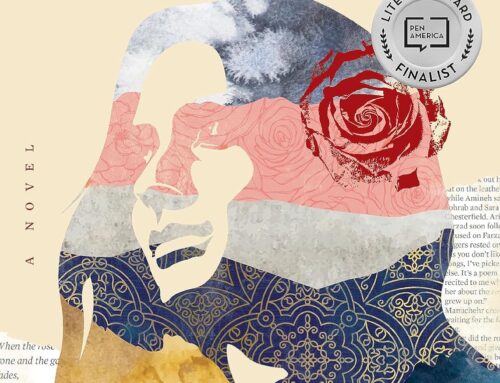

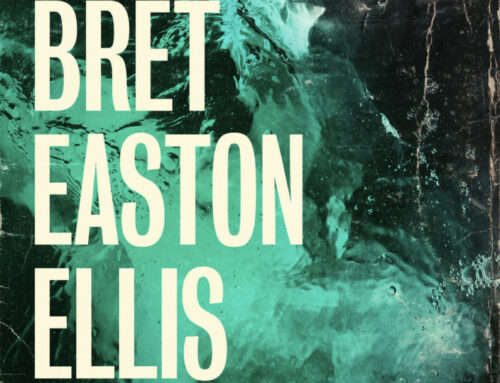

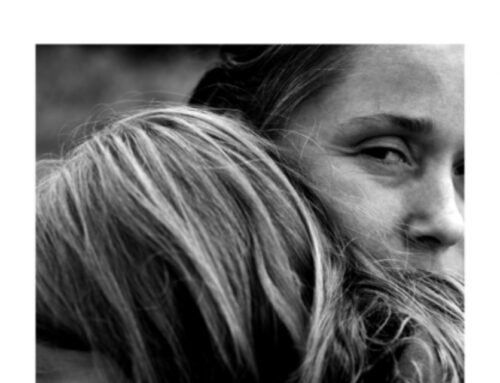


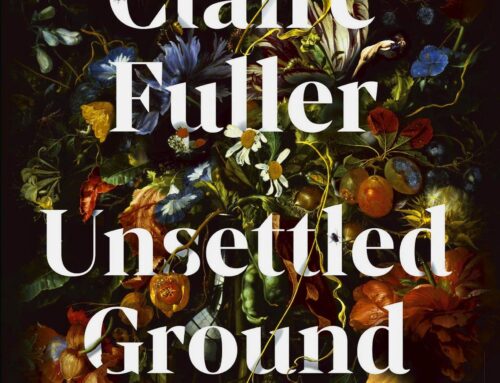
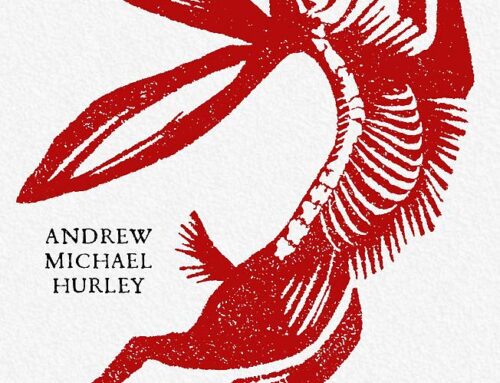

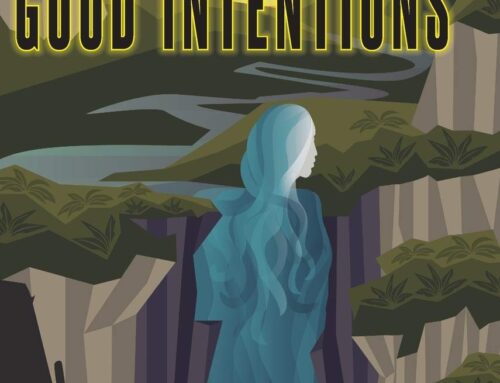
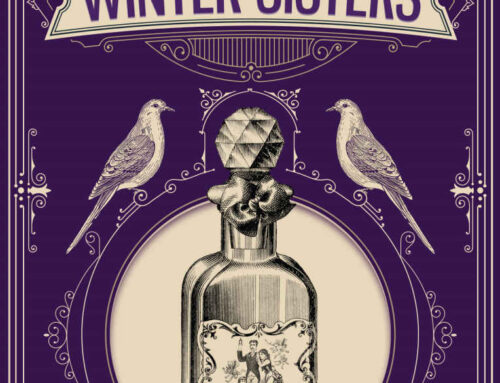
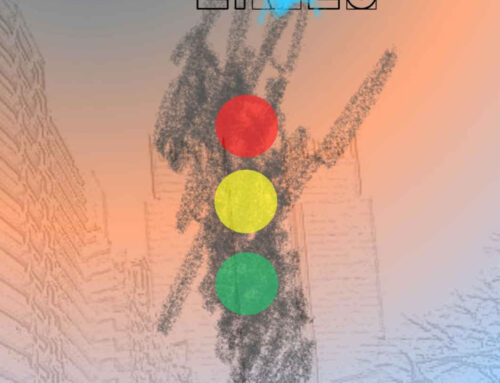

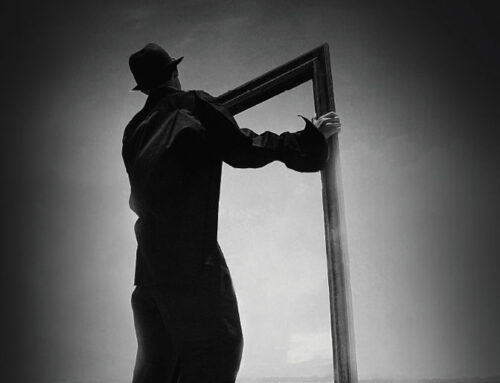
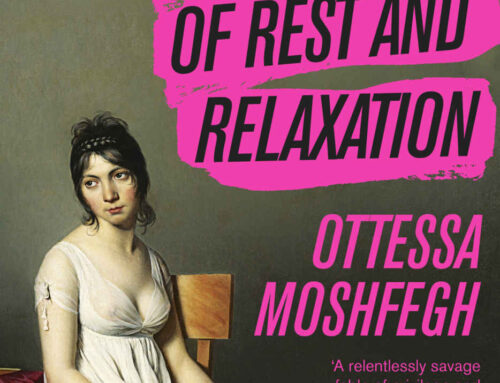
Leave A Comment